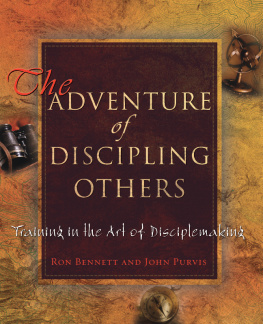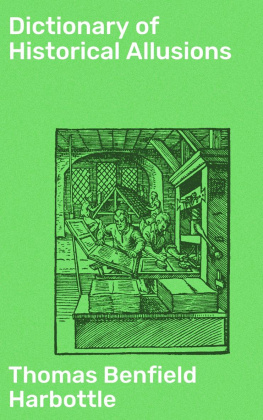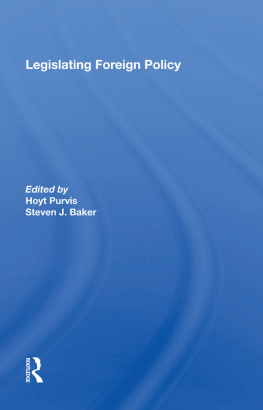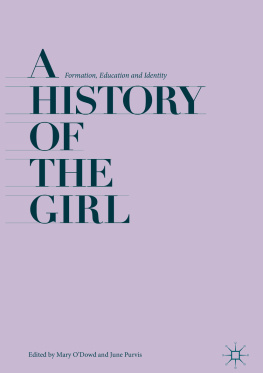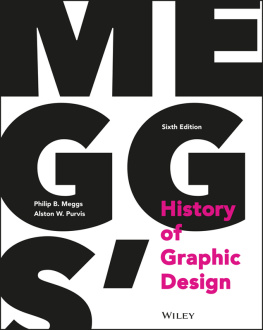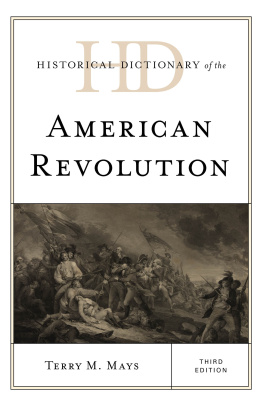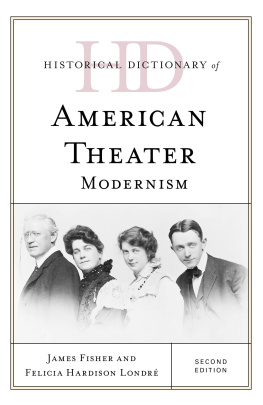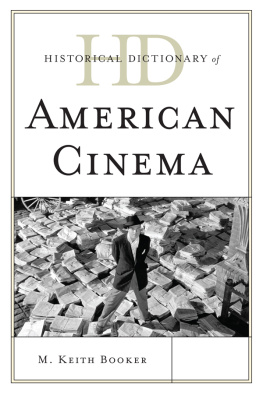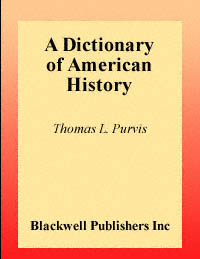| Two trends have characterized historical scholarship since 1950. The first is the ever-increasing rate at which new monographs and articles appear. It now requires heroic efforts just to keep abreast of every publication in topical fields like religious or political history, much less of every significant book and article across the broad spectrum of the American past. This explosion of new literature has produced the second trend: increasing specialization among scholars. Few academics define themselves so specifically as the newly minted Ph.D., whose rsum I once read, who described himself as an historian of the Michigan frontier from 1820 to 1840, but all scholars have been forced to sacrifice breadth of knowledge for depth in order to keep up to date with their primary research and teaching areas. |
| This Dictionary of American History has accordingly been conceived as a reference tool for college professors or secondary-school teachers investigating topics outside their individual specializations, students pursuing history degrees, participants in high-school advanced placement programs, and members of the general public needing a convenient, easy-to-use, and up-to-date compendium of historical facts. Such a single-volume work has particular usefulness at a time when professional and amateur historians find themselves in a state of information-overload. It provides essential facts, chronology, definitions, and explanations in their most abbreviated form across the broadest range of subjects. |
| This book is intended to resemble a dictionary rather than an encyclopedia. Like a portable dictionary, it can only include several thousand entries if their average length is brief. Unlike an encyclopedia, it cannot provide extended essays with an interpretative theme, but must limit its coverage to the essentials of each subject. Of necessity, it emphasizes the who, what, when, and where of its topics, but has skimped on the why, except when that factor can be simply stated. |
| The Dictionary deliberately emphasizes facts, events, and data over interpretation. One reason for doing this was to insulate the entries, as far as possible, from the biases every author possesses. A more important reason was the author's conviction that a general de-emphasis upon factual knowledge in history has led to a growing lack of perspective about the past. When one generation's exciting scholarship is judged insignificant by the next, it is often because this scholarship rests on insufficient evidence due to a lack of knowledge-in-depth on the part of its authors. The only way to avoid reading the concerns or attitudes of the present into the pastwhich is the great sin of so much contemporary scholarshipis to know precisely what the past was like, and this knowledge is achieved through intensive mastery of its distinguishing characteristics. Likewise, the only means of determining an event's true significance is to find out as much about that event as possible, and not to rely on current interpretations, which are so often transitory. While I sympathize with the reviewer of this manuscript who scribbled next to the paragraph recounting World War II's military mobilization and casualties, "useless list of numbers," I insist that he missed the point: such data is vital to the comprehension of the nature and extent of that conflict. |
|


